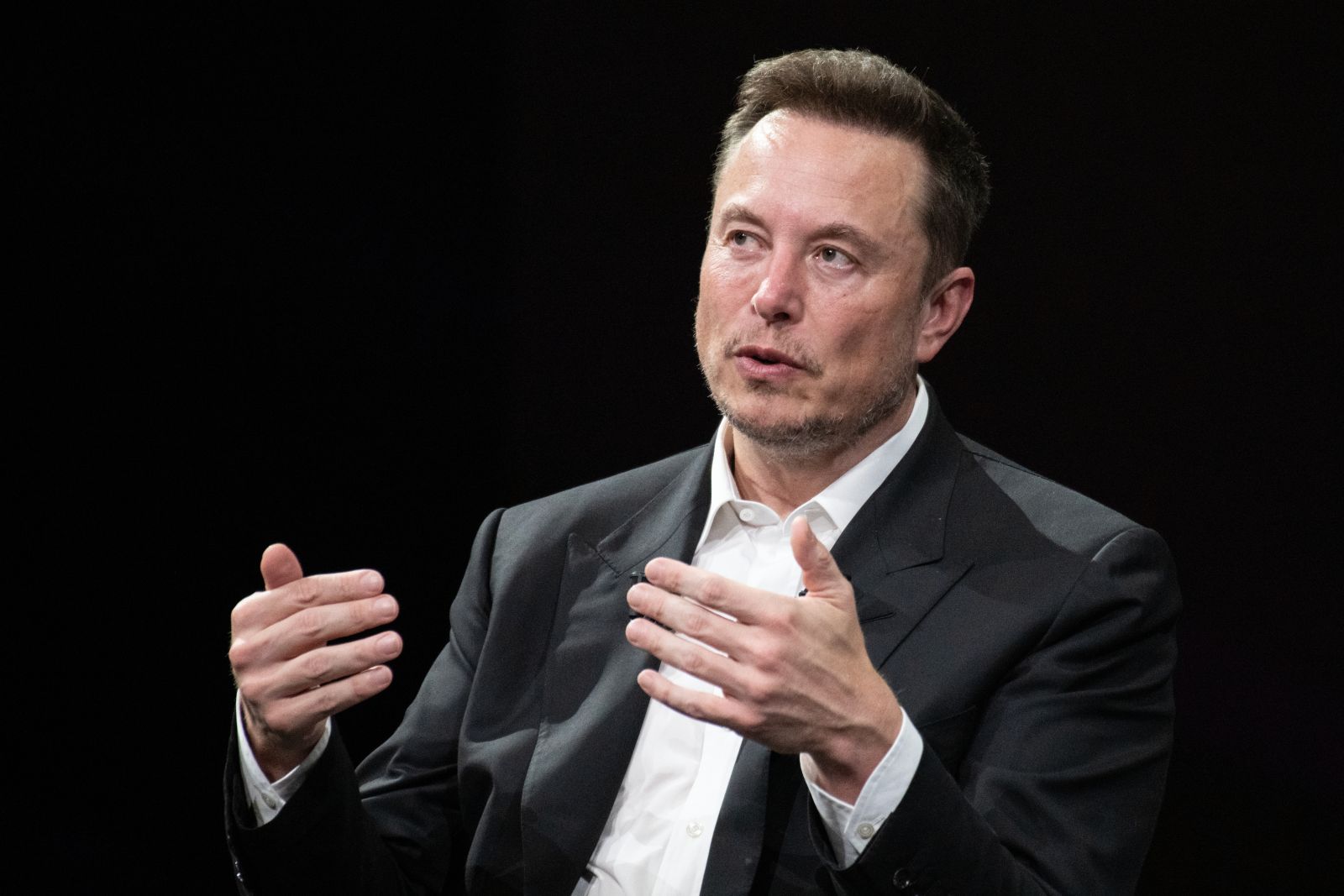
Elon Musk, one of the world’s wealthiest individuals and a pioneer of transformative industries, has often been asked about philanthropy. Known for his directness, Musk has shared his nuanced perspective on charitable giving: “When it comes to donations, I'd say it is very difficult to give away money effectively.” He expanded on this idea, adding, “If you care about the reality of doing good and not the perception of doing good, then it is very hard to give away money effectively. I care about reality. Perception be damned.”
This candid take highlights Musk’s focus on measurable impact over public approval and offers insight into his approach to philanthropy and social responsibility.
The Challenge of Effective Giving
Musk’s comments reflect a broader challenge faced by many high-net-worth individuals: ensuring that charitable efforts achieve meaningful, long-term results rather than superficial appearances. Unlike many philanthropists who seek public recognition for their contributions, Musk’s priority lies in solving real problems, even if those efforts lack fanfare.
For example, Musk has used his wealth and influence to tackle global issues through initiatives such as Tesla’s push for sustainable energy and SpaceX’s mission to secure humanity’s future beyond Earth. While these ventures are not traditional philanthropic endeavors, they aim to address some of the most pressing challenges facing humanity.
His donation of $100 million to fund carbon capture technology exemplifies this mindset. Rather than giving to organizations for optics, Musk chose to incentivize innovation in a field that could significantly mitigate climate change. This approach aligns with his belief that philanthropy should produce tangible, scalable solutions.
The Reality vs. Perception Debate
Musk’s insistence on prioritizing “the reality of doing good” over “the perception of doing good” underscores his resistance to performative philanthropy. Many charities and organizations emphasize feel-good campaigns that garner public support but may lack transparency or fail to create lasting change. Musk’s perspective calls attention to the need for greater accountability and impact measurement in the philanthropic world.
This philosophy mirrors Musk’s broader approach to problem-solving. Whether developing reusable rockets at SpaceX or refining Tesla’s (TSLA) manufacturing processes, Musk has consistently prioritized substance over appearances.
A Lesson for Aspiring Changemakers
For those seeking to make a difference, Musk’s perspective offers a crucial lesson: effective giving requires diligence, research, and a focus on outcomes. It’s not enough to donate; it’s about ensuring that those resources address the root causes of problems and create lasting impact.
Musk’s transparency about the difficulty of philanthropy challenges the notion that writing a check is enough. Instead, it calls for a deeper commitment to understanding complex systems and identifying solutions that truly work.
Balancing Public and Private Good
While Musk’s pragmatic approach to giving may draw criticism from those who value the optics of charity, it also sets a standard for meaningful impact. His focus on solving systemic challenges, whether through his companies or targeted donations, highlights a form of giving that prioritizes the greater good over public approval.
In a world where philanthropy is often tied to image, Musk’s “perception be damned” attitude is a refreshing reminder of the importance of authenticity and results. It’s not about being seen as a benefactor—it’s about being one.







